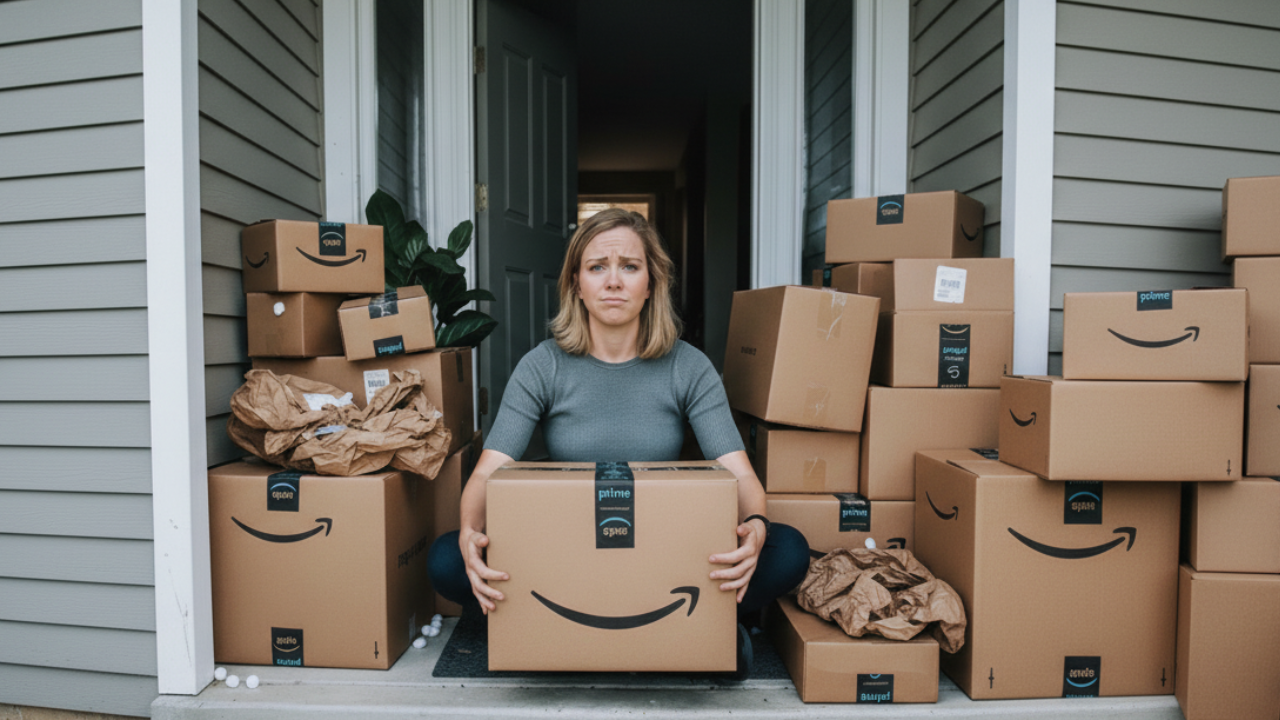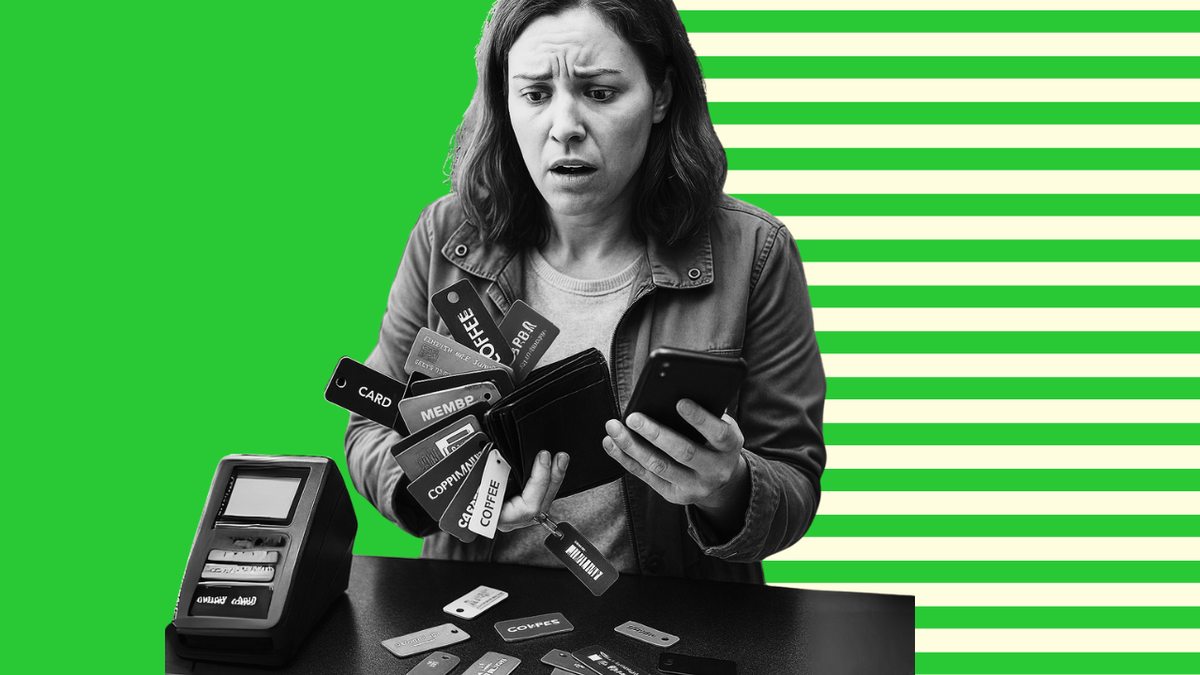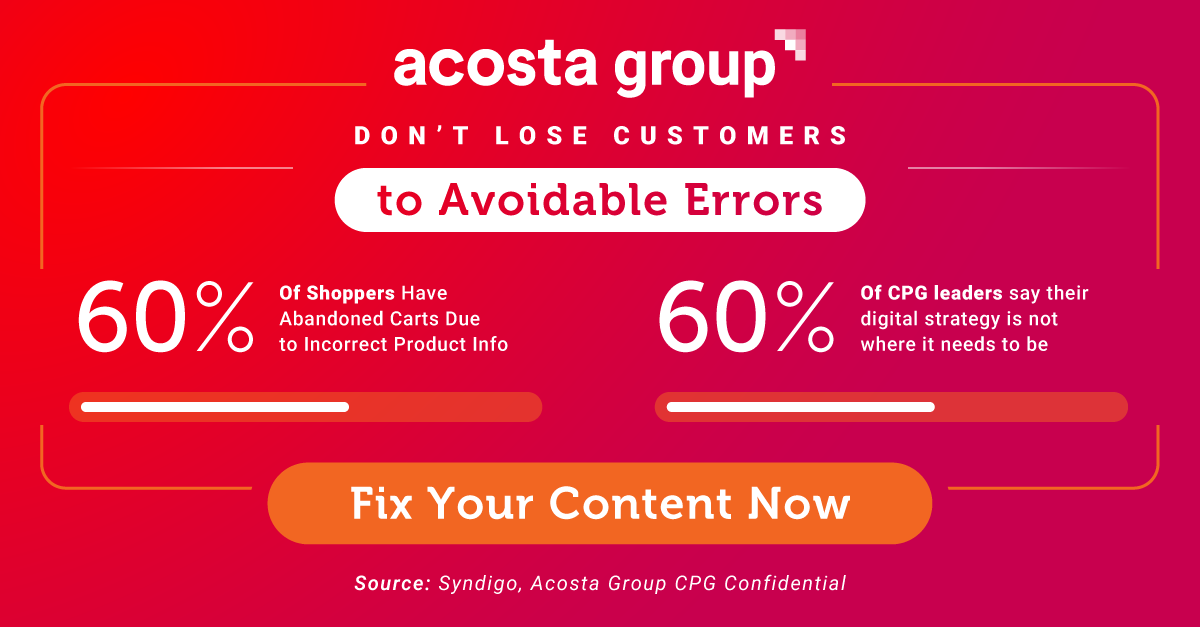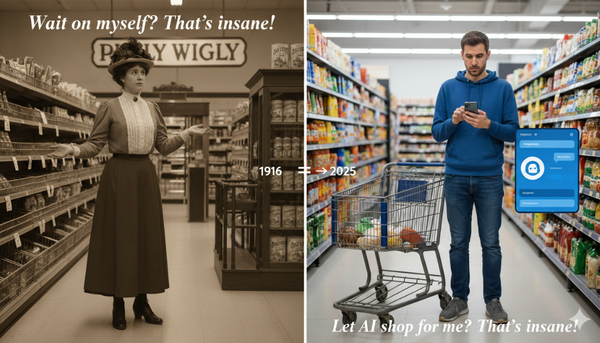What Will Make LLMs More Money: Ads Or Marketplaces?
Will AI agents like ChatGPT make money through ads, or by becoming the next Amazon-style marketplace? In this piece, I share highlights from my conversation with Scot Wingo on the Retailgentic podcast.

Recently, I joined Ecommerce industry veteran Scot Wingo on his Retailgentic podcast. Scot is no stranger to the retail and tech world — he’s a serial entrepreneur, founder of ChannelAdvisor, and more recently, co-founder of ReFiBuy, a company that I advise. ReFiBuy is helping retailers and brands to optimize the three primary phases of ecommerce: discovery (Research), product selection (Find), and purchase (Buy).
On his Retailgentic podcast, Scot is usually the one in the driver’s seat, interviewing others about the future of retail. But this time, I flipped the script and asked him the questions he usually asks of his guests.
It was a great conversation but one segment really stood out: how large language models (LLMs) like ChatGPT will monetize. Will they follow the familiar path of building a native ad network? Or will they evolve into something closer to marketplaces? Below is a lightly edited excerpt from that part of our discussion.
Kiri:
A lot of people assume that platforms like ChatGPT will make money the same way everyone else has in digital — advertising. Do you think that’s what’s going to happen?
Scot:
I don’t. I actually think the bigger opportunity here is marketplaces. If you look at what ChatGPT is already piloting, the checkout flows aren’t ads in the traditional sense — they’re transactions. Sam Altman calls it “affiliate,” but I think that’s just convenient language. What you’re really seeing is a marketplace in disguise.
Think about the difference: in an ad model, the platform rents out space and sends the consumer somewhere else. In a marketplace, the platform keeps the consumer inside its walls and controls the purchase flow. That’s where the leverage is.
Kiri:
That sounds a lot like Amazon. They layered ads on top of their marketplace, but the marketplace is what makes it all stick. Are you saying ChatGPT is going down the same path?
Scot:
Exactly. Amazon’s a good analogy. Their ad business is huge now, but it only works because it sits on top of the marketplace. If Amazon had just tried to build an ad network without the marketplace underneath, it wouldn’t have the same gravity. The ads are lucrative, but the marketplace is the foundation.
Kiri:
But doesn’t this just recreate the same problem for retailers? If an AI becomes the gateway to discovery and checkout, they’re intermediated one more time. That’s the Amazon and Facebook story all over again — retailers and brands lose control of their traffic, their relationships, their margins.
Did you know that 60% of shoppers abandon carts when product info is wrong? Before you ramp up your ad spend, fix the shelf. Acosta Group’s award-winning Connected Commerce crew is trusted by brands like Coca-Cola and Sanofi to deliver critical content updates. Acosta Group handles it all, then layers on media buying.
Learn more about Acosta Group’s Connected Commerce capabilities.
Scot:
I get it. A lot of the trauma is colored by the Facebook/Amazon/Google era. Many Amazon sellers—people you and I both know—feel like they “get punched in the face five times a day.” That’s a rough living.
But I don’t think AI players win by repeating that pattern. I think they win by not doing ads the same way, not punching partners in the face, and changing the game. Yes, people will say “Facebook promised that once,” and they changed. True. But I think this time there’s a real chance it plays out differently—and even if it doesn’t, I’d rather have four bullies than three.
The AI companies today are very different from Amazon or Meta. They’re not starting with a retail or social DNA. They’re building these agentic experiences and then figuring out monetization. That gives retailers a window to influence how this evolves.
Kiri:
Here’s my nuance on Amazon specifically: I don’t buy the “evil mastermind” narrative. What we’ve seen is a series of compounding decisions that, over time, made the consumer experience opaque—e.g., deal quality during events becoming hard to parse, inconsistency in how wins are reported. Not a villain’s plan—just the by-product of choices that add up.
Scot:
Right—no grand master plan. But those compounding choices did shape the experience. That’s partly why there’s room now for a different approach to win.
Kiri:
Still, if you’re a retailer, it’s hard not to shake the fear of commoditization. If an AI agent is surfacing the “best option at the lowest price,” what’s left to differentiate you?
Scot:
That’s where loyalty and being the merchant of record matter.
Merchant of record is a big signal. When you are the merchant of record, it’s your customer. That makes loyalty dramatically easier—rewards, CRM, lifecycle, remarketing. In much of marketplace 1.0, you weren’t the merchant of record; you were borrowing the customer and couldn’t remarket. This is different: merchant-of-record status plugs you directly into a loyalty loop you actually control.
Kiri:
So it’s not that AI wipes out loyalty, it just changes where loyalty has to show up.
Scot:
Right. If you’ve built a real connection with your customer, the AI might surface your product as one option — but the customer is predisposed to choose you because of the trust, the rewards, the history.
You can listen to our full conversation in the Retailgentic podcast episode which aired on Tuesday October 14.
Read more from me on this and related topics:










